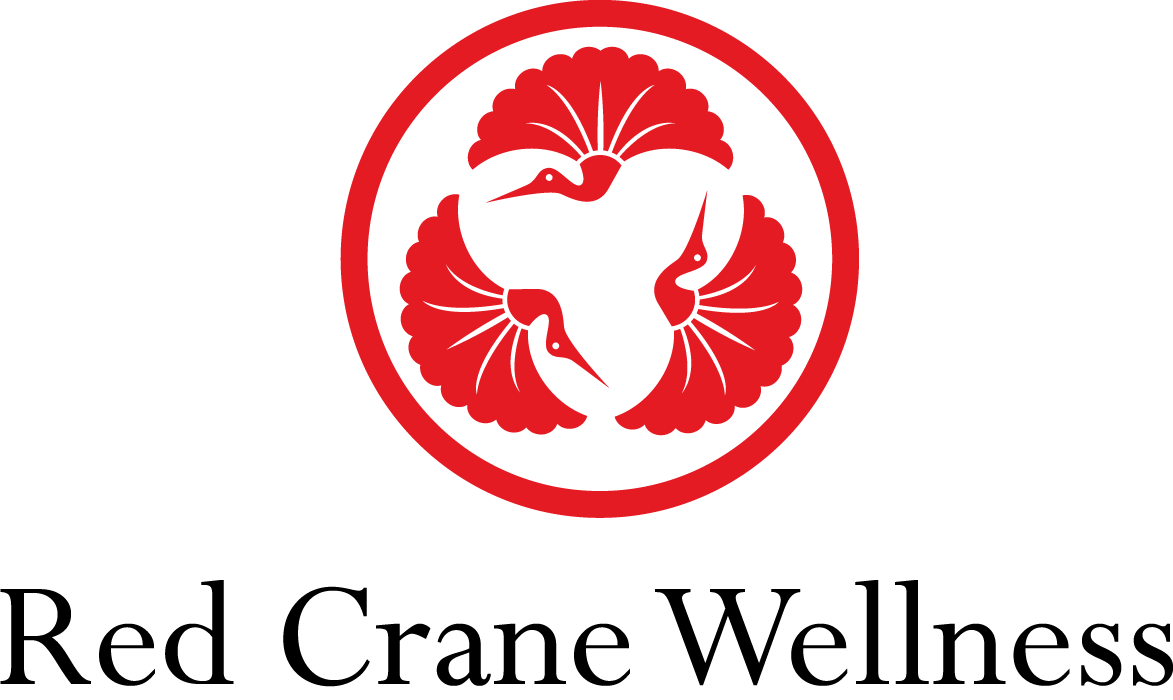In the pursuit of well-being, the concept of holistic health care has gained considerable attention and popularity. This approach to health emphasizes the connection between the mind, body, and spirit, offering a comprehensive pathway to healing and wellness. Consulting with a holistic health practitioner near me can provide a myriad of benefits, from personalized treatment plans to natural and safe therapies designed to improve your overall quality of life.

Understanding Holistic Health Care
Holistic health care is an integrative approach that seeks to address not just physical symptoms but also the emotional, spiritual, and mental aspects of an individual’s well-being. Unlike traditional medicine, which often focuses on treating specific ailments, holistic health care aims to promote overall wellness and prevent diseases before they start.

Key Components of Holistic Health Care:
- Whole-person focus: Treating the mind, body, and spirit as interconnected and essential to overall health.
- Preventive care: Emphasizing lifestyle changes and natural therapies to prevent illness.
- Personalized care: Tailoring treatment plans to the individual’s unique needs and circumstances.
Personalized Treatments and Care
One of the primary benefits of consulting with a holistic health practitioner is the personalized care you receive. Practitioners spend time understanding your unique health profile, including lifestyle, diet, emotional well-being, and more, to develop a tailored care plan that addresses the root causes of your concerns.
Principles of Holistic Medicine-
Holistic medicine champions several core principles, such as:
- Every individual possesses natural healing abilities.
- A patient should be recognized as a whole person rather than being defined by an illness.
- Healing is a collaborative endeavor between the patient and healthcare providers, incorporating various aspects of the individual’s life through diverse medical practices.
- The focus of treatment is to address the root cause of an issue, rather than merely alleviating symptoms.
This approach underscores a comprehensive view of health, where physical, emotional, and spiritual well-being are interconnected and crucial to the healing process.
Benefits of Personalized Care:
- Targeted treatments: Addressing the specific health issues with appropriate therapies.
- Comprehensive assessment: Considering all aspects of your life that affect your health.
- Empowerment: Involving you in the decision-making process for your treatment plan.
Health Promotion and Disease Prevention-
Holistic health practitioners focus on promoting health and preventing disease through education and lifestyle modifications. They advocate for a balanced diet, regular physical activity, stress management, and emotional well-being as foundational elements of good health.
Strategies for Disease Prevention:
- Nutrition and diet: Recommending foods that support healing and wellness.
- Exercise and physical activity: Encouraging regular movement to improve physical health.
- Stress reduction: Teaching techniques like meditation, yoga, and deep breathing to manage stress.
- Community and relationships: Promoting social connections and support networks for emotional health.
Natural and Safe Treatments-
Another significant advantage of holistic health care is the use of natural and non-invasive treatments. These therapies often have fewer side effects than conventional medicine and work in harmony with the body’s healing processes.
Common Holistic Therapies:
- Acupuncture: Stimulating specific points on the body to alleviate pain and improve health.
- Herbal medicine: Using plants and herbs to treat various health conditions.
- Massage therapy: Manipulating the body’s muscles and soft tissues for relaxation and healing.
- Aromatherapy: Using essential oils for psychological and physical well-being.
Stress Management and Mental Well-being-
Stress is a common factor that significantly impacts health. Holistic health practitioners offer tools and techniques for effective stress management, contributing to improved mental and emotional well-being.
Techniques for Managing Stress:
- Meditation: Focusing the mind to achieve a state of calm and relaxation.
- Yoga: Combining physical postures, breathing exercises, and meditation to enhance well-being.
- Mindfulness: Practicing present-moment awareness to reduce stress and anxiety.
Improved Sense of Well-being
By addressing health from a holistic perspective, individuals often report an improved sense of overall well-being. This encompasses not just physical health, but also emotional balance, mental clarity, and spiritual fulfillment.
Outcomes of Holistic Health Care:
- Increased energy and vitality: Through optimized physical health and lifestyle adjustments.
- Enhanced mood: As a result of stress reduction and emotional healing.
- Better sleep patterns: Due to a more balanced lifestyle and reduced stress levels.
- Greater life satisfaction: Through the integration of mind, body, and spirit wellness practices.
FAQs on Consulting with a Holistic Health Practitioner

Q. What is holistic health care?
Holistic health care is an approach to healing and wellness that considers the whole person — body, mind, spirit, and emotions — in the quest for optimal health and wellness. It integrates various forms of health care, including traditional medicine and alternative therapies, to prevent illness and promote well-being.
Q. How does a holistic health practitioner differ from a traditional doctor?
A holistic health practitioner focuses on the whole person and uses a variety of treatments and practices to improve overall health. This may include dietary changes, exercise, meditation, and natural therapies. In contrast, traditional doctors often focus on diagnosing and treating physical symptoms with medication and surgery.
Q. What types of conditions can a holistic health practitioner treat?
Holistic practitioners can address a wide range of conditions, including chronic pain, stress-related issues, digestive problems, hormonal imbalances, and mental health conditions. They aim to treat the root causes of these conditions rather than just the symptoms.
Q. Are the treatments offered by holistic health practitioners safe?
Yes, most treatments offered by holistic health practitioners are natural and safe. They often use non-invasive methods that have fewer side effects than conventional medical treatments. However, it’s important to consult with a licensed practitioner to ensure the safety and appropriateness of any treatment.
Q. How can I find a reputable holistic health practitioner?
Look for practitioners with certifications or degrees in their field, check their reviews and testimonials, and consider asking for recommendations from friends or family who have pursued holistic health care. Professional associations for specific practices, such as acupuncture or naturopathy, can also provide directories of certified practitioners.
Q. Can holistic health care replace conventional medicine?
Holistic health care is often used in conjunction with conventional medicine, not as a replacement. It can complement traditional treatments by addressing other aspects of well-being that conventional medicine may overlook. However, for certain medical conditions, consulting a conventional doctor is essential.
Q. How long does it take to see results from holistic health treatments?
The time it takes to see results can vary widely depending on the individual and the condition being treated. Some people may notice improvements quickly, while others may see gradual changes over weeks or months. Holistic health care often focuses on long-term lifestyle changes and healing, which can take time to manifest noticeable results.
Conclusion
The benefits of consulting with a holistic health practitioner are profound and far-reaching. By focusing on the whole person, offering personalized care, and utilizing natural and safe treatments, holistic health care presents a viable and effective alternative to traditional medical approaches. It empowers individuals to take control of their health, promoting a lifestyle that supports lasting well-being.
In an era where health is increasingly viewed through a lens of wholeness and integration, the holistic approach offers a path to not just disease-free living, but to a state of vibrant health and fulfillment. Whether you’re dealing with specific health challenges or simply seeking to improve your overall quality of life, consulting with a holistic health practitioner can be a transformative step on your journey to wellness.

